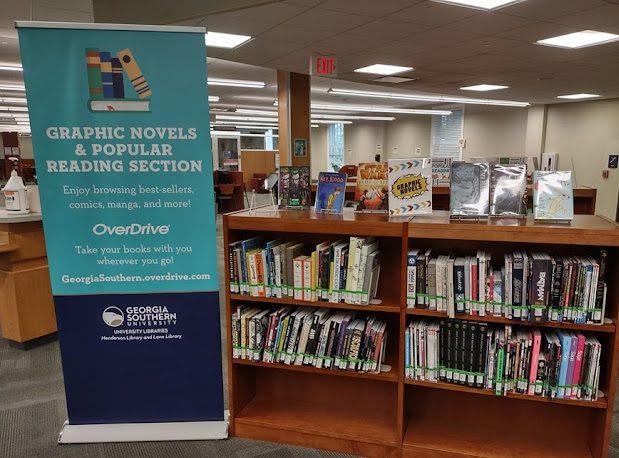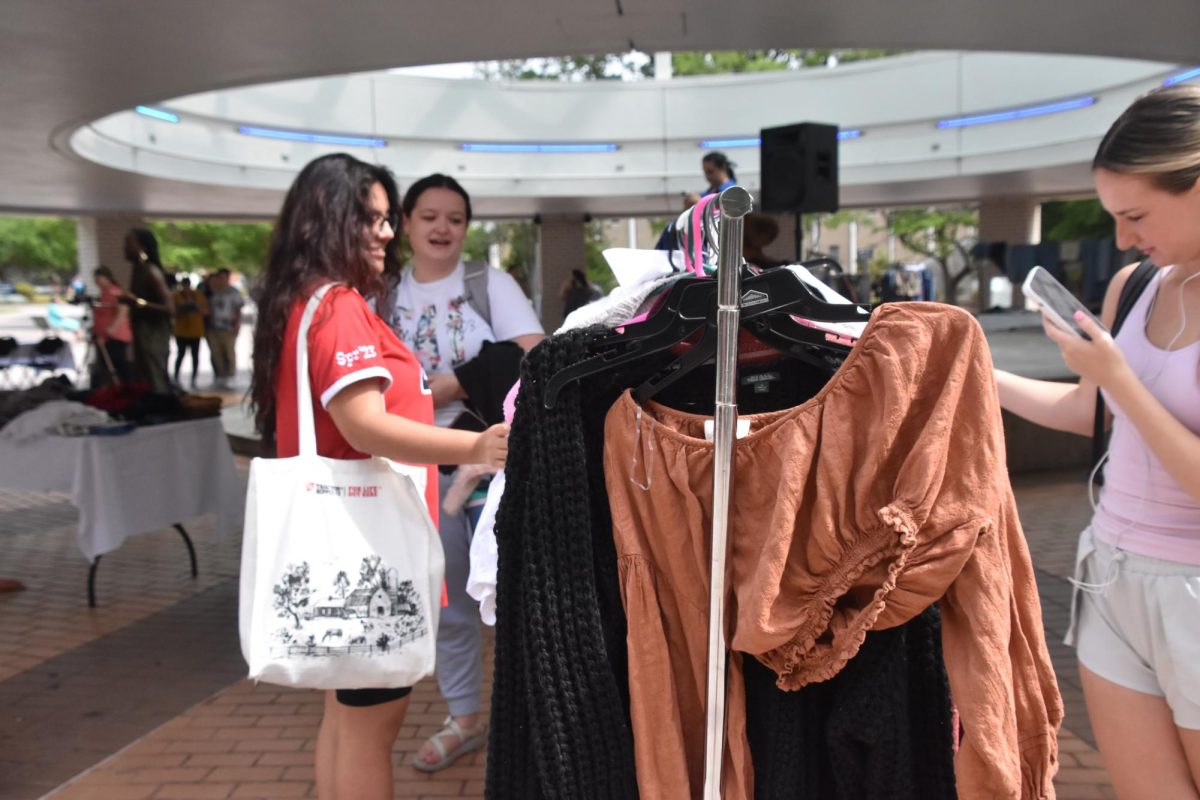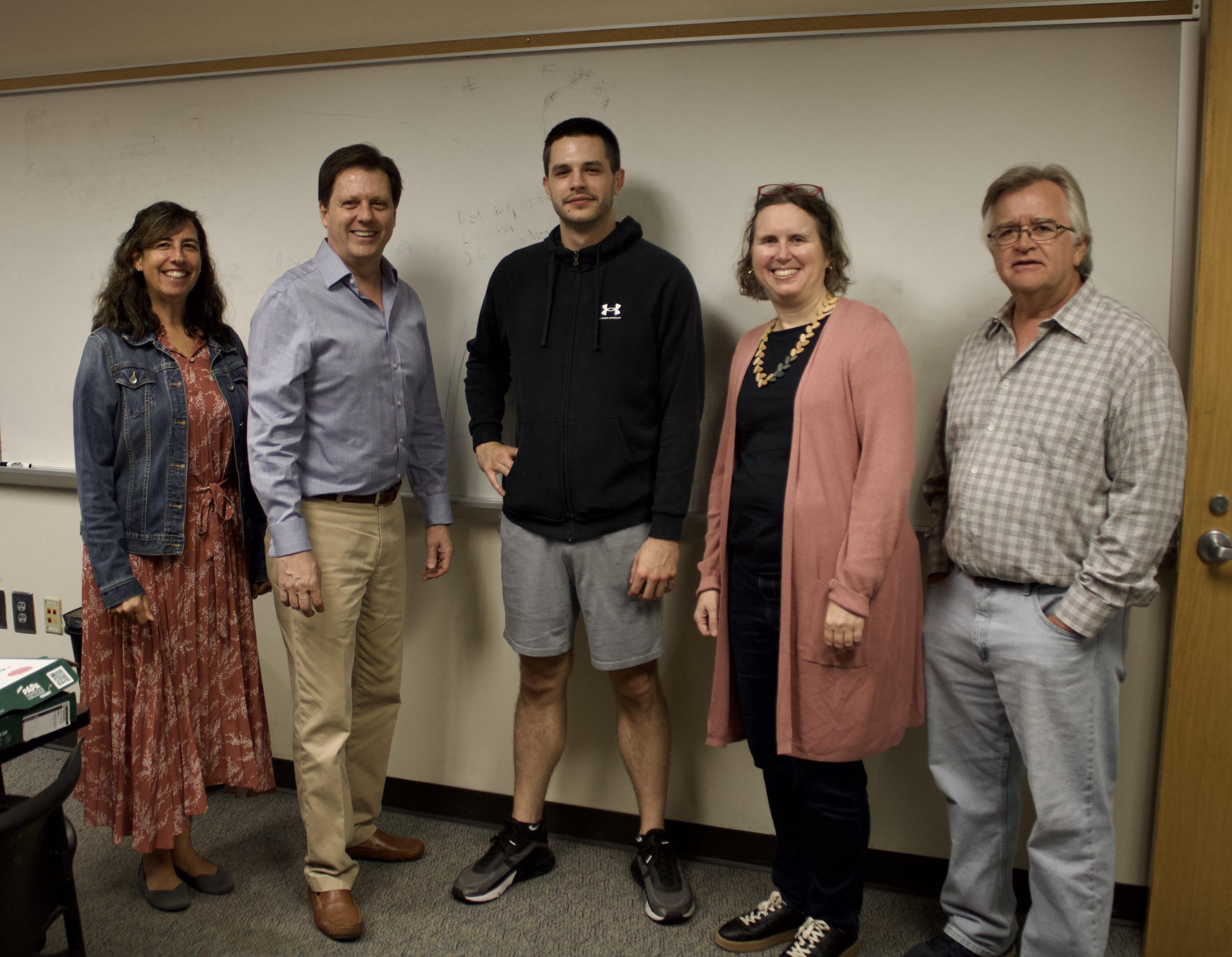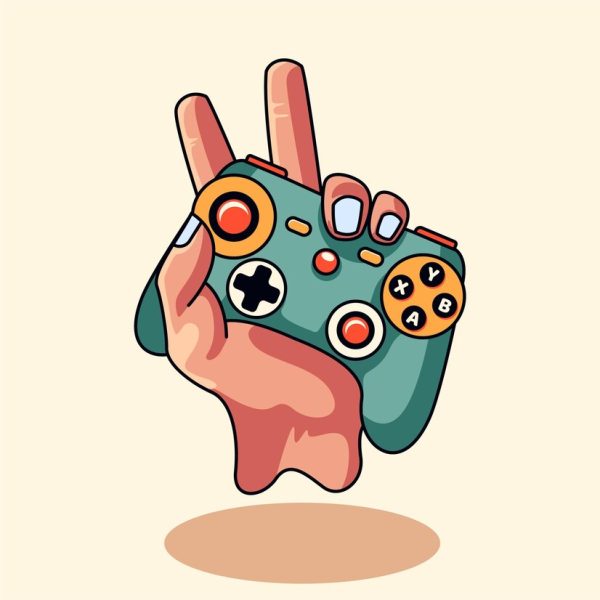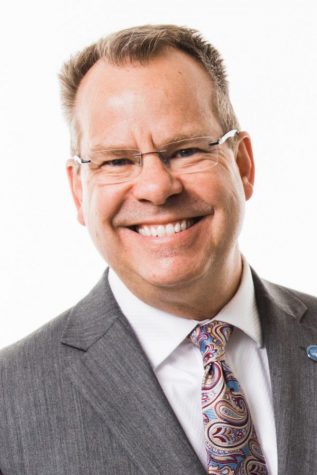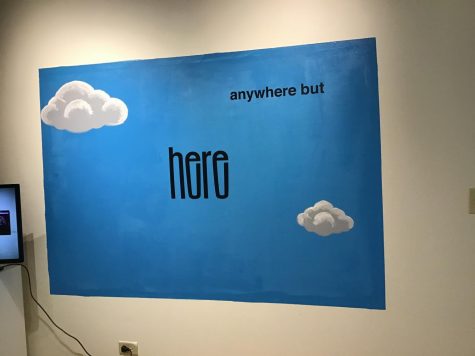Jay-Z’s contemporary soundtrack enhances ‘Gatsby’s’ themes
May 2, 2013
One of this year’s most anticipated summer films, “The Great Gatsby,” garners a lot of attention for its well-known story, but the movie’s soundtrack is what has been raising critics’ eyebrows.
In the 1920s, the once-rebellious jazz style was beginning to take center stage in American music. A period film set in the 1920s almost begs for a jazz score. Herein lies Gatsby’s charm.
By enlisting Jay-Z to create the soundtrack for “Gatsby,” director Baz Luhrmann (“Moulin Rouge,” “Romeo + Juliet”) followed a path that many directors have recently traveled. For the first time ever, contemporary music scores are almost as common as classical orchestral movie scores.
At first glance it seems like rap music and “The Great Gatsby” are an odd match, but hip-hop and Gatsby share many parallels. Gatsby lives a large, extravagant and lonely life in a time of economic change. Many popular rap singles today, especially those of Jay-Z, discuss the same things.
The decision to bring Jay-Z in to arrange the soundtrack not only makes the film more relatable to today’s culture, but it also makes the film more attractive to young people.
Jay-Z is not the only popular musician to gain a spot in Hollywood. Anthony Gonzales of electronic group M83 had a hand in scoring Tom Cruise’s recent summer thriller, “Oblivion.” Dubstep artist Skrillex compiled the soundtrack for indie flick “Spring Breakers.” 2010’s “Tron: Legacy” boasted an almost entirely electronic score molded by the collaboration of electronic artists Daft Punk and renowned composer Hans Zimmer (“The Dark Knight,” “Inception,” “Pirates of the Caribbean”).
The recent swing towards contemporary scoring is not surprising for the film industry. The target audience of these films is the same group of people who love the music they are partnered with.


